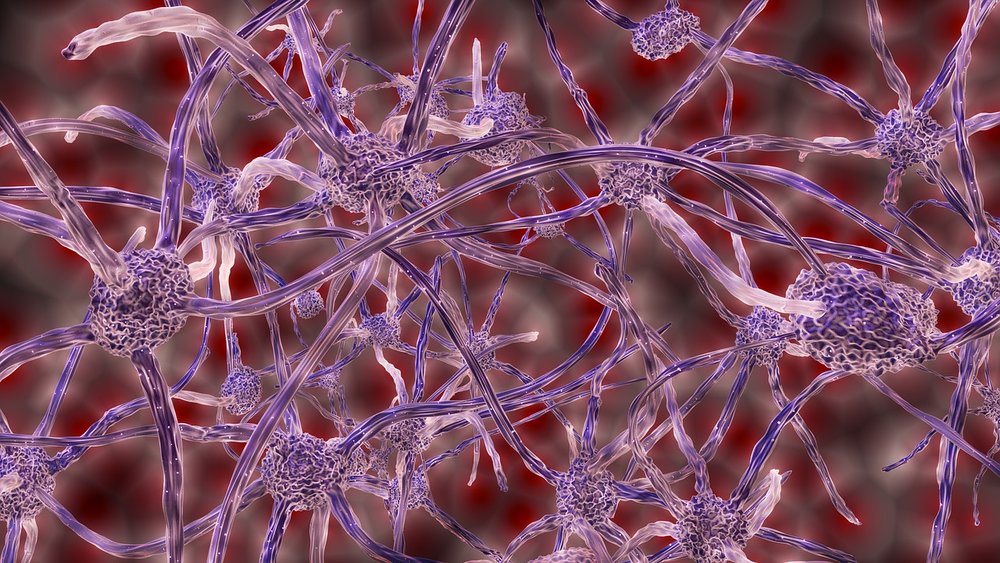How Can Our State of Mind Influence Our Body’s Defense System?
You may feel that there is no conceivable relationship between the behavior of our cells, inflammation and our conduct in everyday life… I do not agree. Hans Selye
Hans Selye coined the word “stress” in its modern usage. For him, stress manifests through physiological events in the body as a response to threat and loss (real or perceived).
When we are psychologically stressed, we feel disturbances in our nervous system. We are very familiar with increased heart-rate, changes in blood pressure, rushes of adrenaline etc. However, when we are exposed to chronic stress, its manifestation suppresses the immune system and can lead to heart disease, high blood pressure, diabetes and a whole range of other conditions.
As far as orthodox medical practice is concerned, the mind-body research all falls into some Bermuda Triangle, lost without a trace. Dr Gabor Maté
Psychoneuroimmunology (PNI) can enable us to understand how the interplay of stress, emotions and physiology affects health. This field of science studies powerful interactions between our psychological processes, our nervous system and our immunity. These systems cannot and do not function in isolation from each other, they are all wired together and speak the same chemical language.
Reality knows no such separation. There is no emotional system distinct from the hormone-producing organs, no nervous system divided from the immune defenses. One super-system exists in living persons, of which the emotional centers, neurological pathways, hormonal glands and immune organs are all aspects. Dr Gabor Maté
Immunity – Finding Its Way into the Brain
The immune system is a network of cells, tissues, and organs that work together to protect the body from infection. One of the characteristics of the central nervous system is a lack of a classical lymphatic system.
Our central nervous system is however under constant surveillance of the immune cells. In 2015, while looking for the T-cell gateways into and out of the meninges (membranes that envelop the brain and spinal cord of the central nervous system), A. Louveau et al. (2015) discovered functional lymphatic vessels lining the dural sinuses (venous channels found between layers of dura mater, i.e. the membrane that envelops the brain and spinal cord). In the publication, they mention that the unique location of these vessels probably hindered their earlier discovery and contributed to the concept of the absence of lymphatic vasculature in the central nervous system. They also state that “these structures express all of the molecular hallmarks of lymphatic endothelial cells, are able to carry both fluid and immune cells from the cerebrospinal fluid, and are connected to the deep cervical lymph nodes. The discovery of the central nervous system lymphatic system may call for a reassessment of basic assumptions in neuroimmunology and sheds new light on the aetiology of neuroinflammatory and neurodegenerative diseases associated with immune system dysfunction.”
They investigated the meningeal spaces and immune cells that occupy those spaces in mice brains and identified a potentially similar structure in human dura, but further studies will be necessary to fully assess and characterize the location and organization of meningeal lymphatic vessels in the human central nervous system.
(Picture left: a representative image of Lyve-1 labeling on whole mount meninges (scale bar 1,000 um). The perisinusal vessels were tested for markers associated with lymphatic endothelial cells (LEC). Whole mount meninges from adult mice were immunostained for the LEC marker, Lyve-1. Two to three Lyve-1-expressing vessels were identified running parallel to the dural sinuses. A. Louveau et al (2015))
“The presence of a functional and classical lymphatic system in the central nervous system suggests that current dogma regarding brain tolerance and the immune privilege of the brain should be revisited. Malfunction of the meningeal lymphatic vessels could be a root cause of a variety of neurological disorders in which altered immunity is a fundamental player, such as multiple sclerosis, Alzheimer’s disease, and some forms of primary lymphoedema that are associated with neurological disorders.” A. Louveau et al (2015)
Popular press, media and literature mostly focuses on the negative effects of stress on immune functions and health. On the other hand, the positive effects of stress are often overlooked. We need to learn much more about the positive effects of stress on health if we are to understand how we have survived and thrived.
Bad news sells because the amygdala is always looking for something to fear. Peter Diamandis
By Tea Pavlek, BioSistemika LLC












